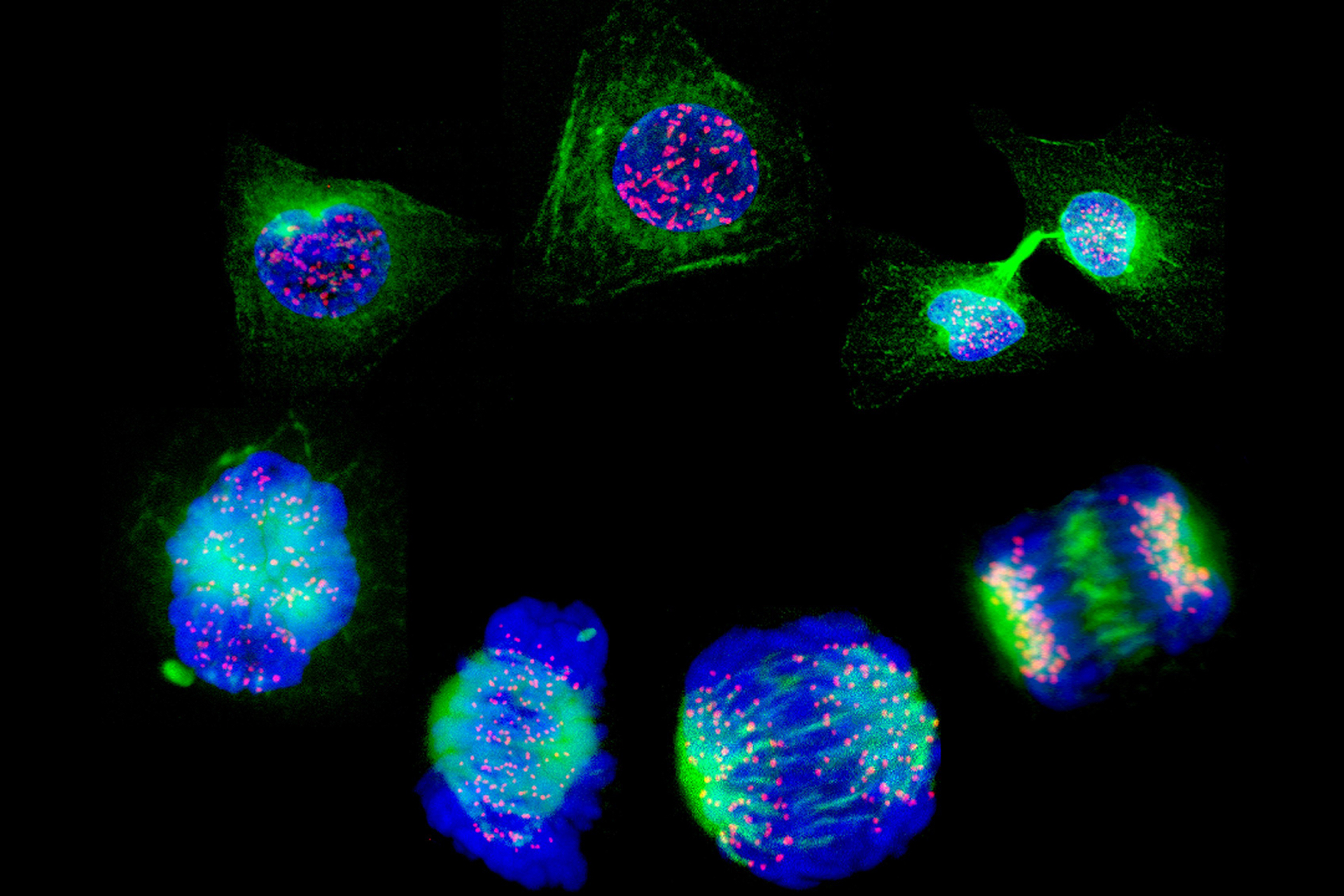Using a novel technique for chromosome-level genetic engineering, scientists have generated mice with evolutionary genetic changes in the laboratory.
Researchers from the Chinese Academy of Sciences (CAS) claim to have successfully derived a mouse with a novel and sustainable karyotype in the laboratory. The modified mouse, which the researchers have called Xiao Zhu, or 'Little Bamboo', contains 19 chromosomal pairs, one pair less than is standard in mice.
'The laboratory house mouse has maintained a standard 40-chromosome karyotype – or the full picture of an organism's chromosomes – after more than 100 years of artificial breeding,' said co-first author Dr Li Zhikun, from CAS Institute of Zoology and the State Key Laboratory of Stem Cell and Reproductive Biology. 'Over longer time scales, however, karyotype changes caused by chromosome rearrangements are common. Rodents have 3.2 to 3.5 rearrangements per million years, whereas primates have 1.6.'
Publishing their results in Science, the researchers edited the genome of haploid embryonic stem cells. They fused the two largest mouse chromosomes, chromosomes 1 and 2 and two medium-size chromosomes, chromosomes 4 and 5. The karyotypes carrying fused chromosomes 1 and 2 did not develop past the embryonic stage, however, the karyotypes carrying fused chromosomes 4 and 5 were able to be passed on to their offspring.
Diploid cells contain two sets of chromosomes that align in a certain way to form the genetics of the resulting organism. This is known as genomic imprinting, and allows genes to be expressed or not, depending on whether they are inherited from the mother or the father. This process can be manipulated in the laboratory, but previous attempts in mammalian cells have not been successful.
'Genomic imprinting is frequently lost, meaning the information about which genes should be active disappears, in haploid embryonic stem cells, limiting their pluripotency and genetic engineering,' said co-first author Dr Wang Libin, from CAS and the Beijing Institute for Stem Cell and Regenerative Medicine. 'We recently discovered that by deleting three imprinted regions, we could establish a stable sperm-like imprinting pattern in the cells.'
Changing the number of chromosomes of an animal usually takes millions of years by evolution. However, this research suggests that chromosome-level engineering in mammals may be feasible, which could provid insight into how chromosomal rearrangements may influence evolution.
Sources and References
-
A sustainable mouse karyotype created by programmed chromosome fusion
-
Chinese scientists successfully create world’s first mammal with fully reprogrammed genes
-
Researchers engineer first sustainable chromosome changes in mice
-
Scientists in China created the first-ever mammal with fully reprogrammed genes
-
Chinese scientists claim to have engineered the world's first mouse with fully reprogrammed genes
-
CRISPR fully reprograms mammal genome for the first time




Leave a Reply
You must be logged in to post a comment.